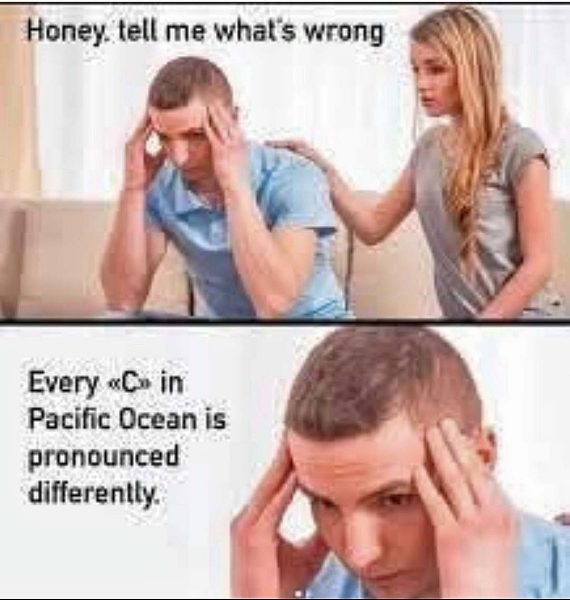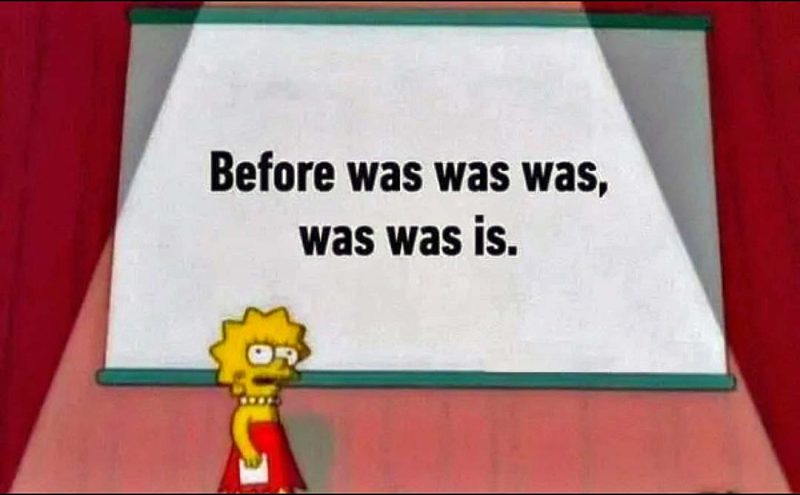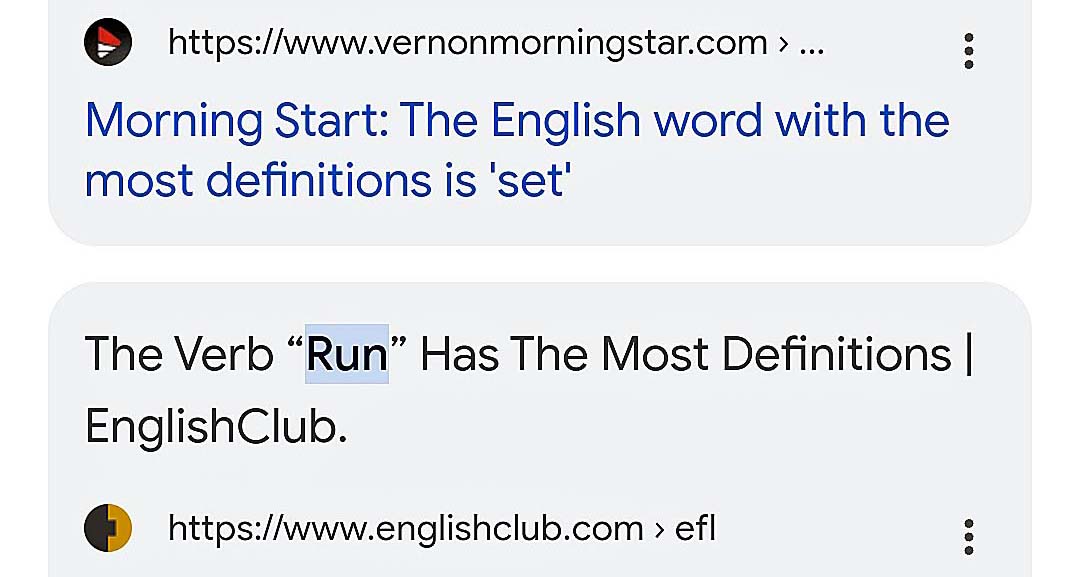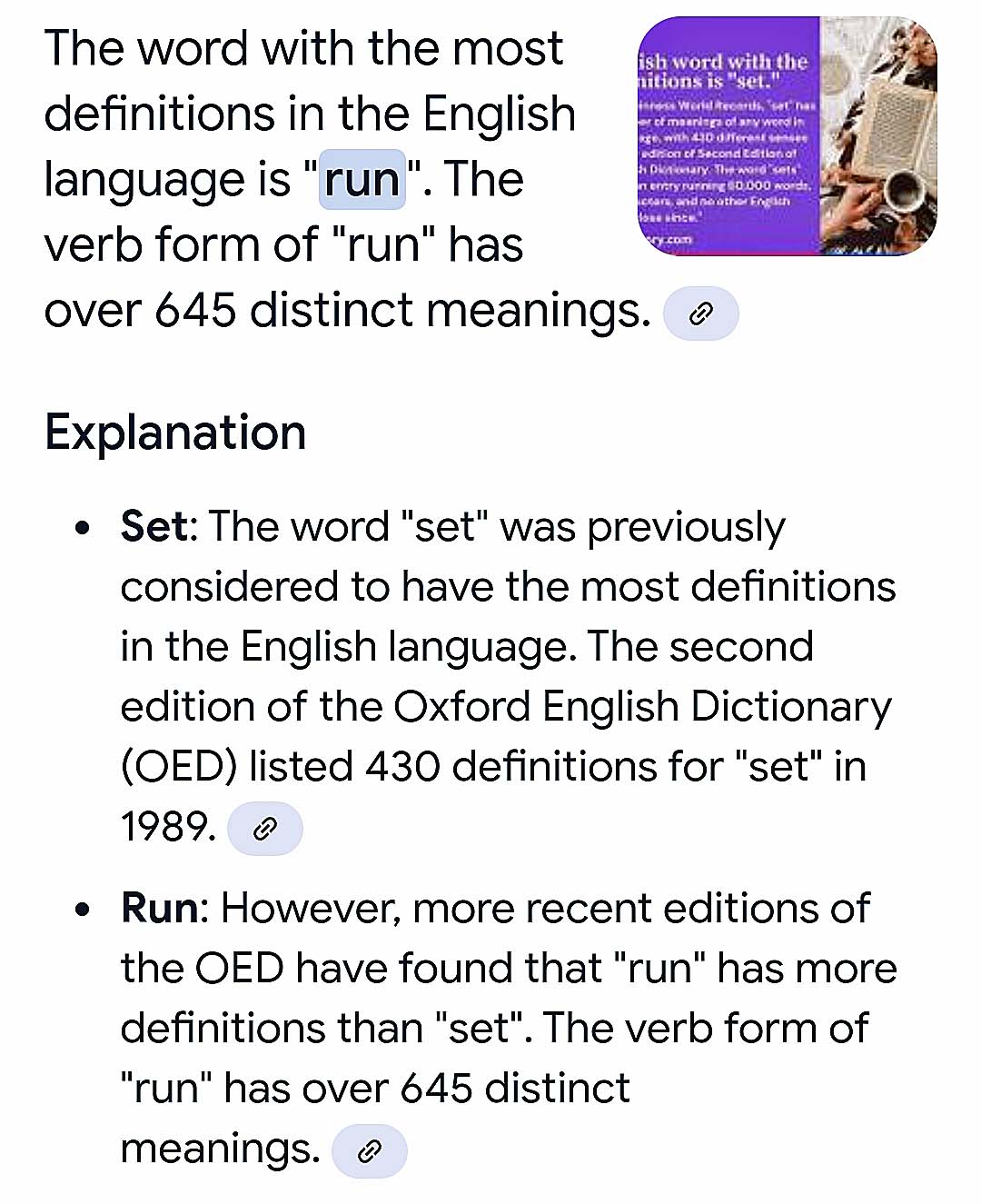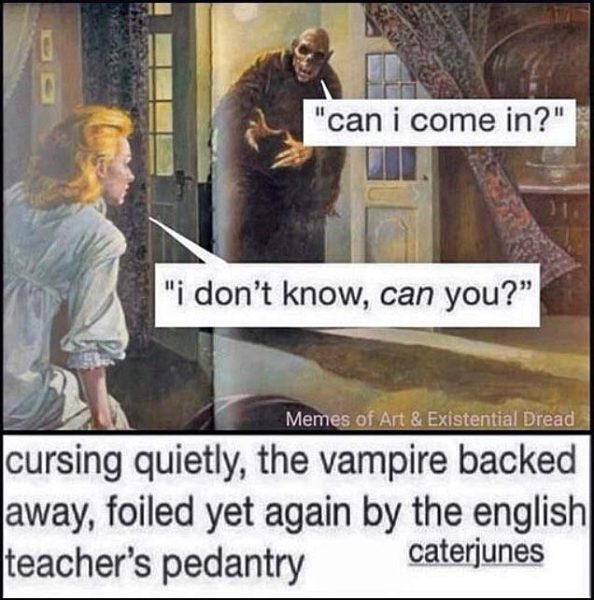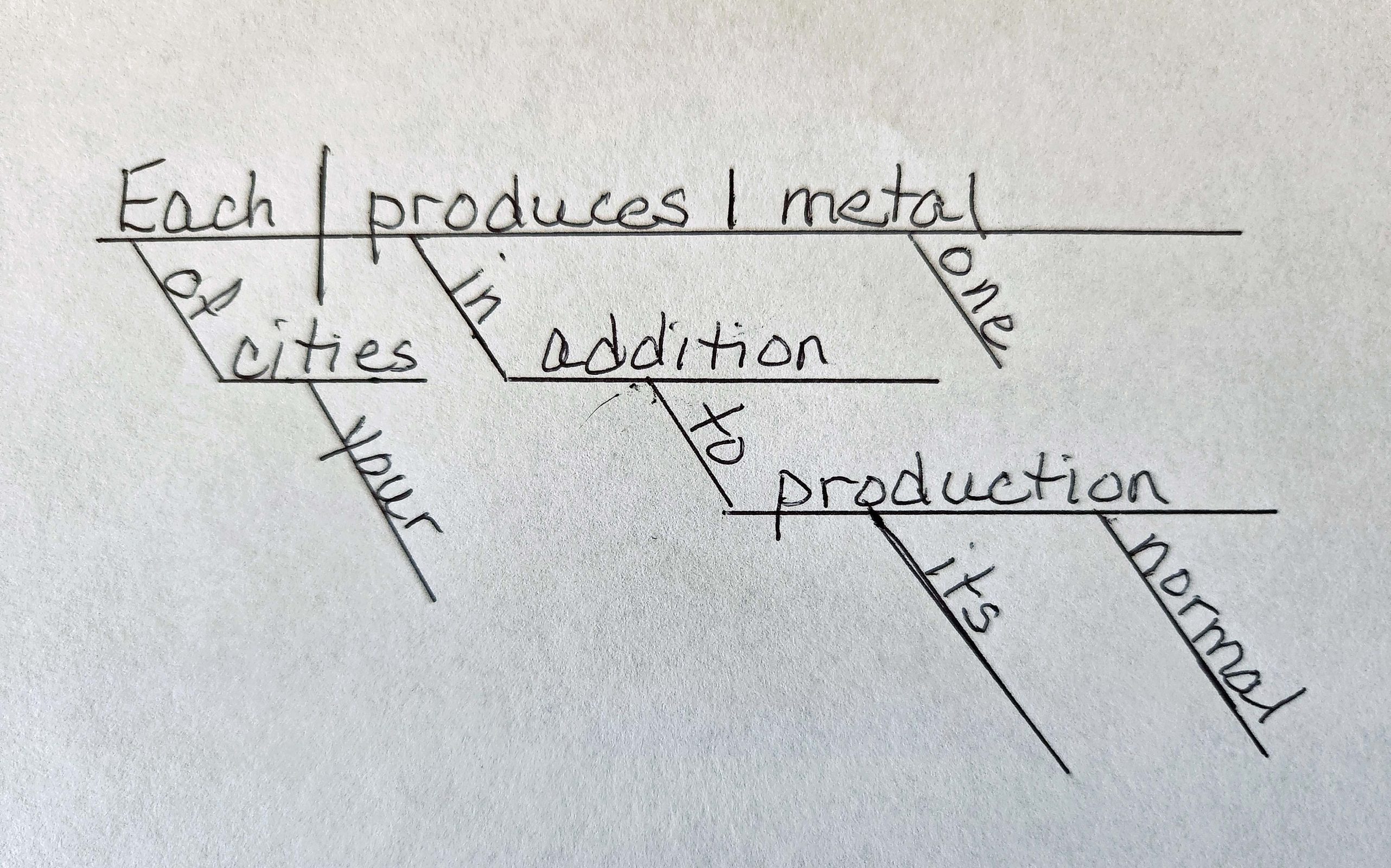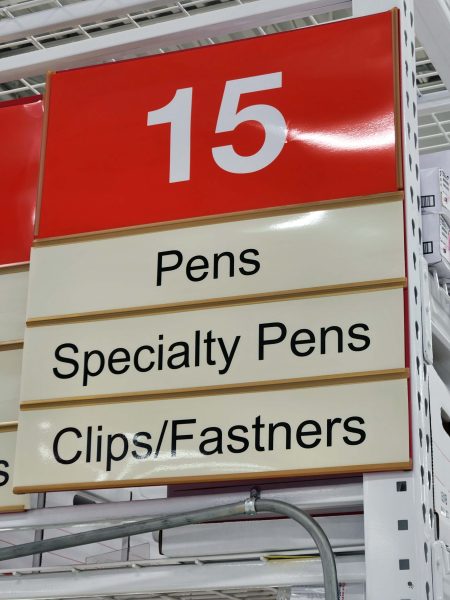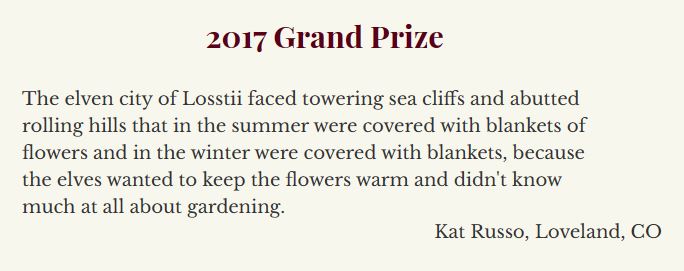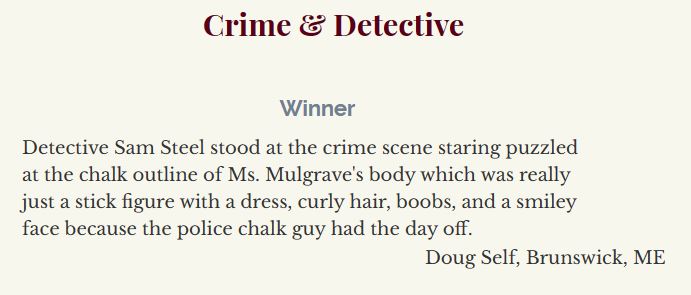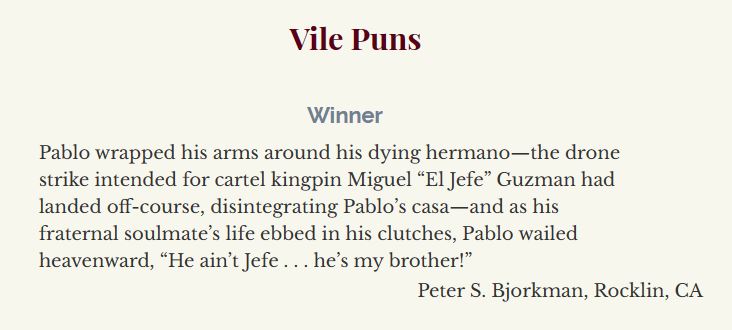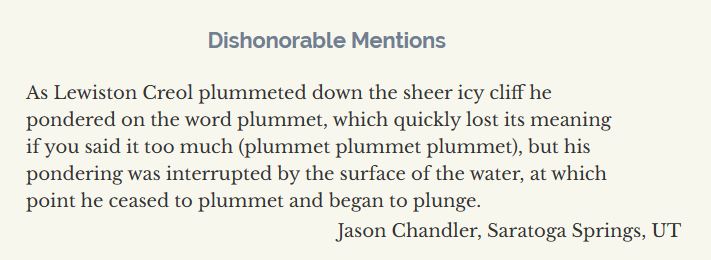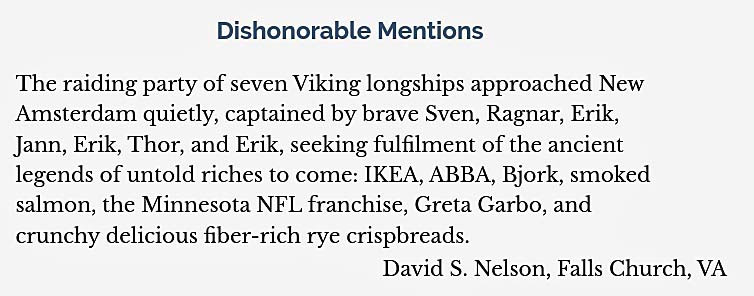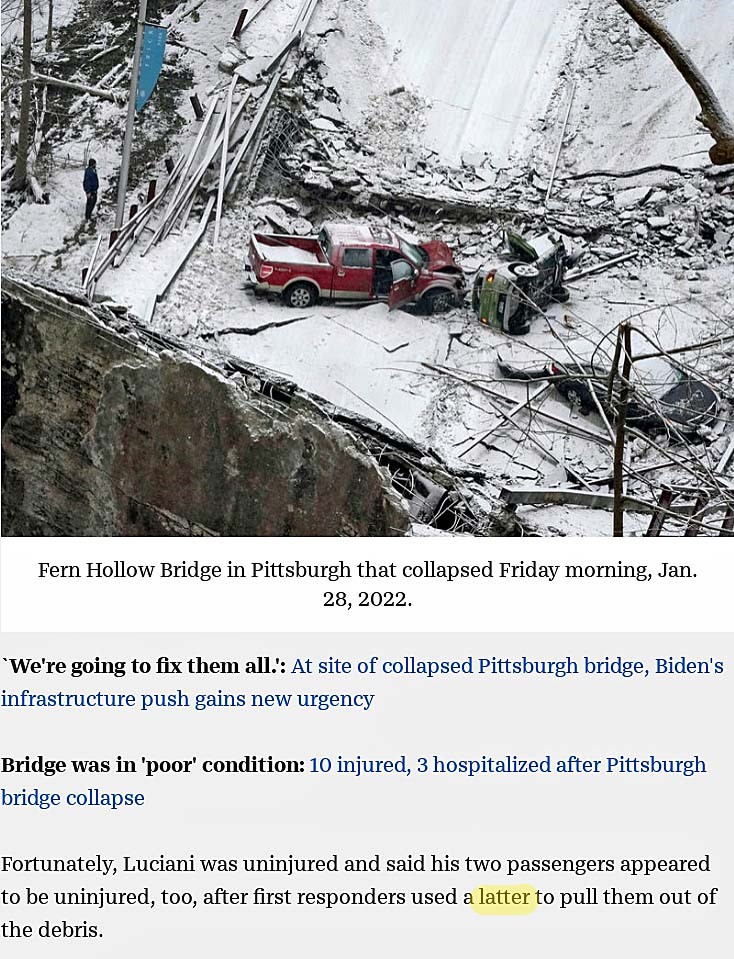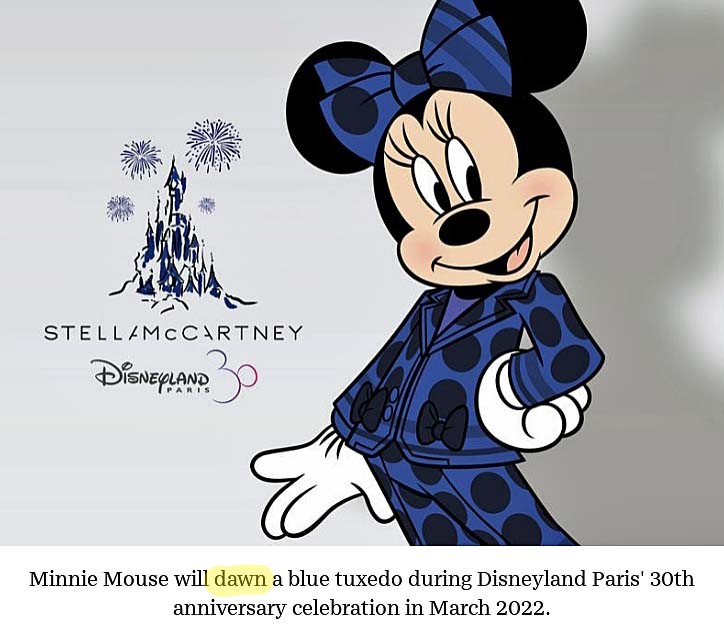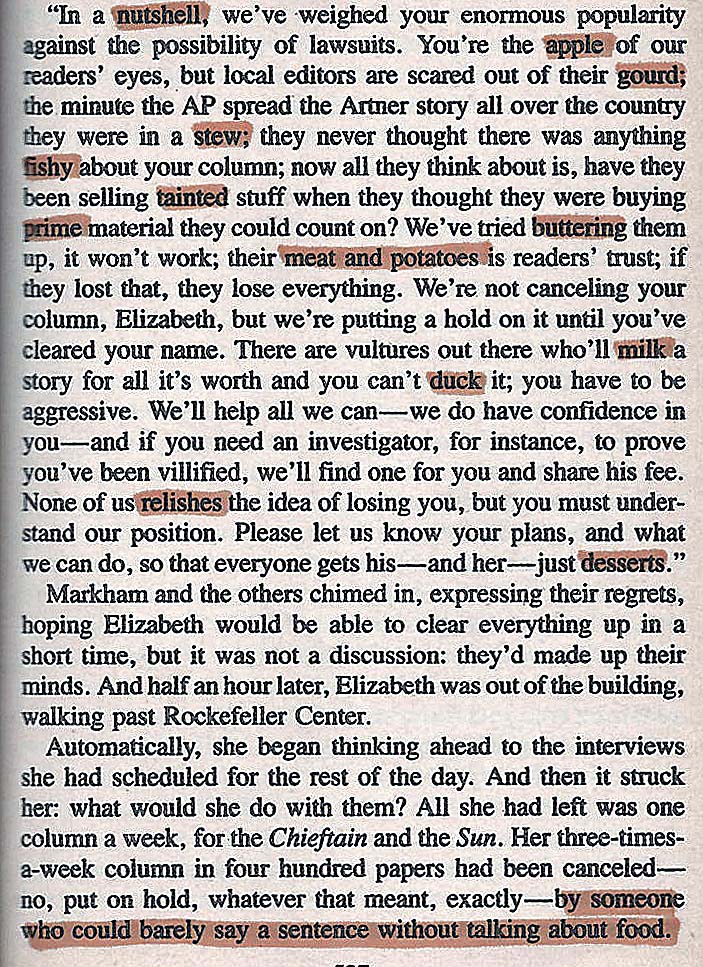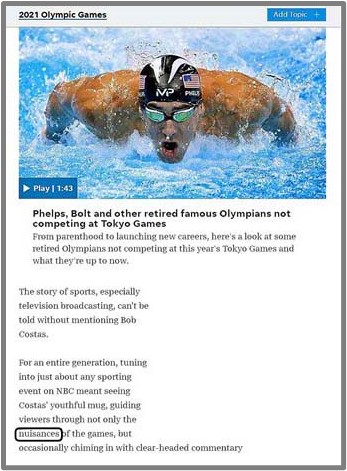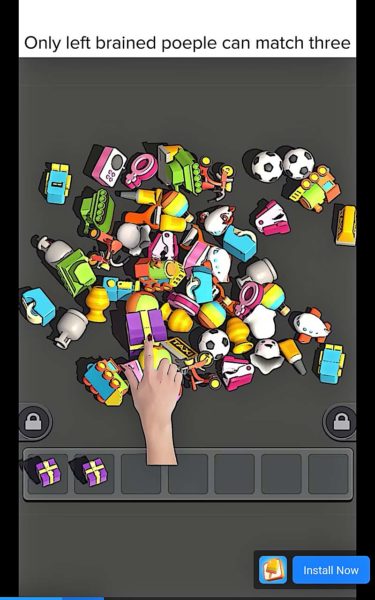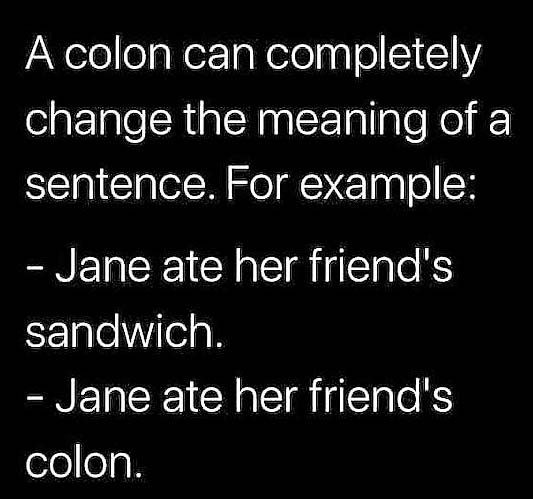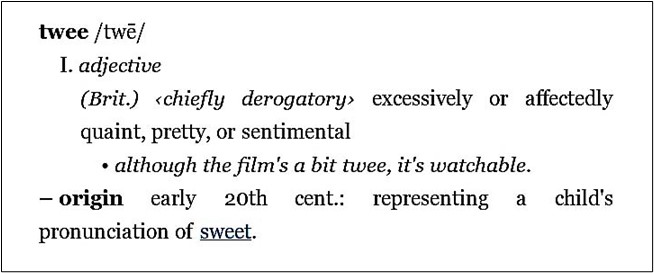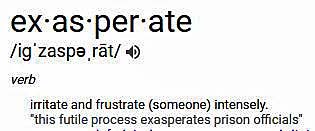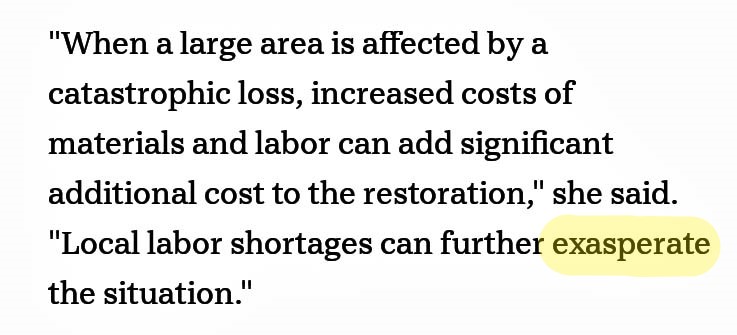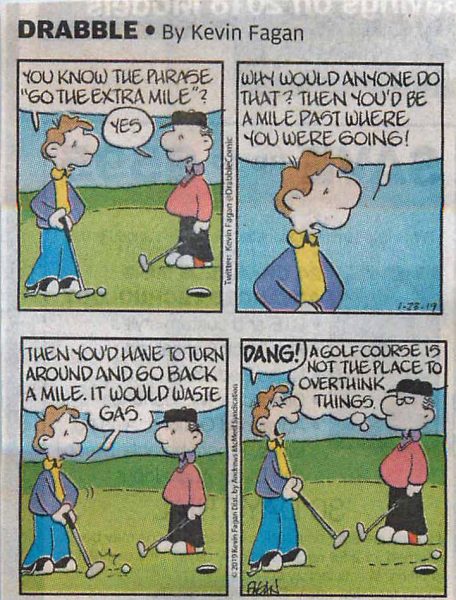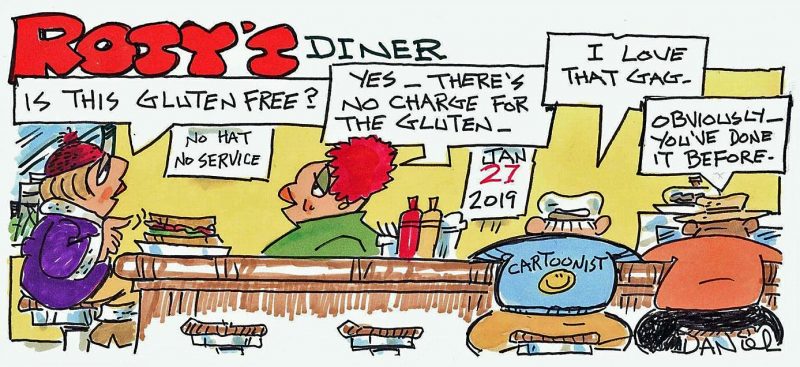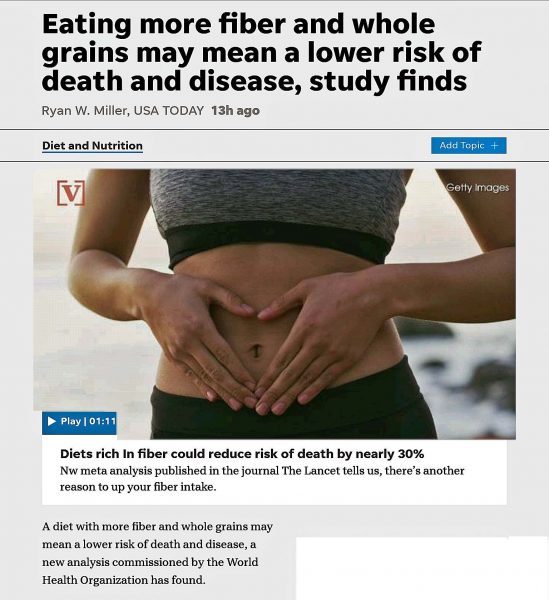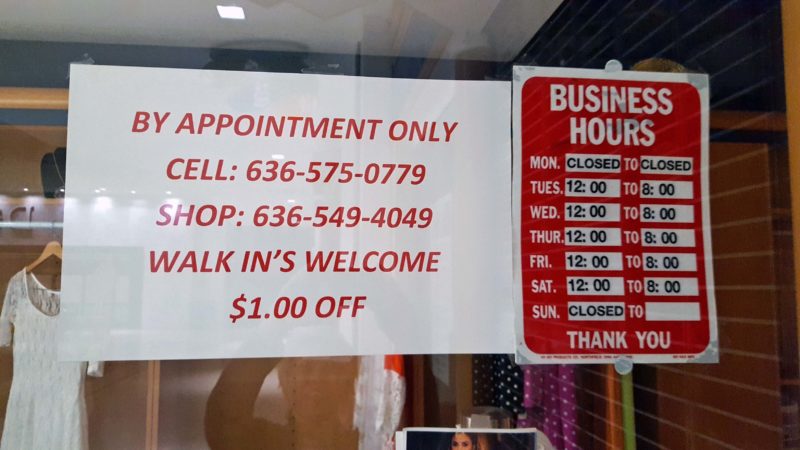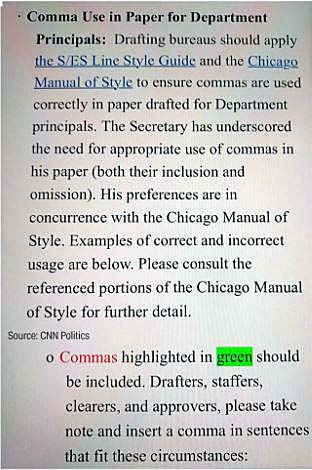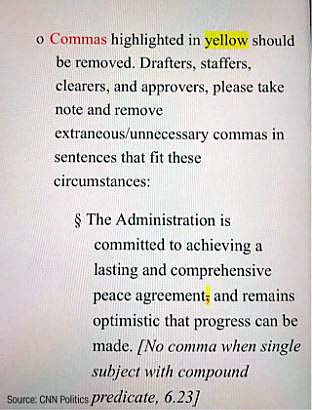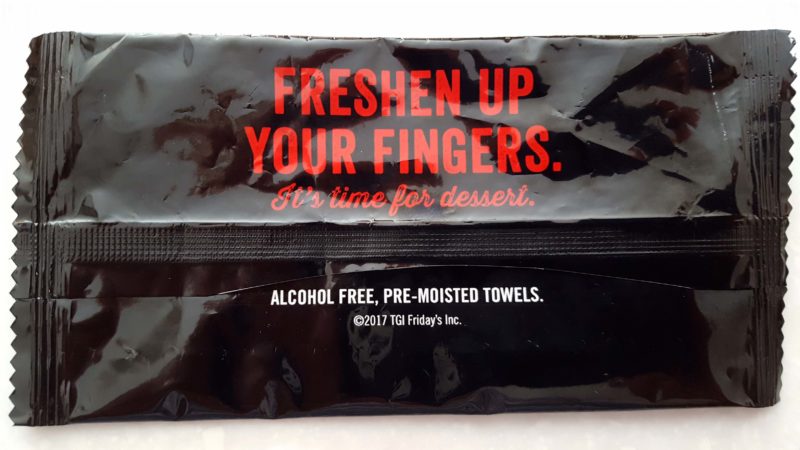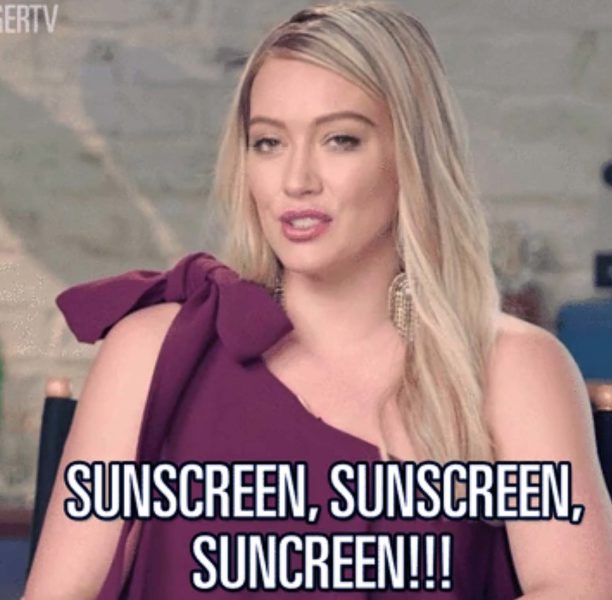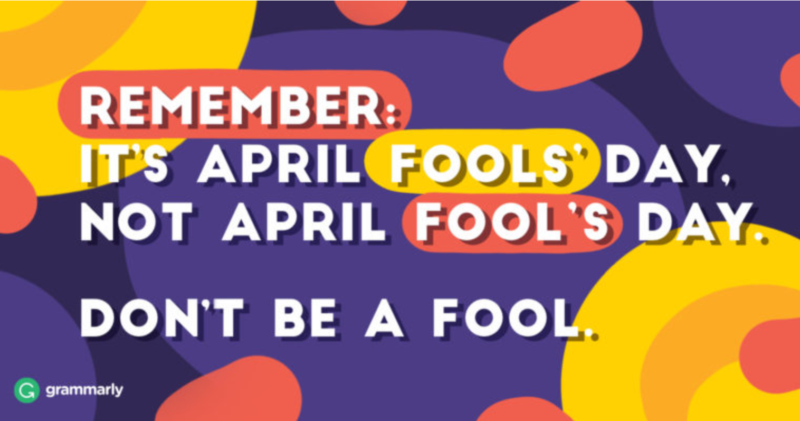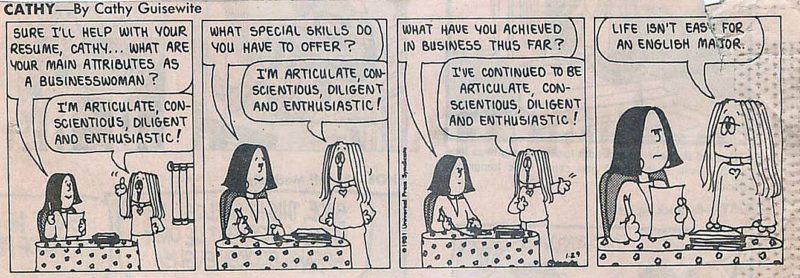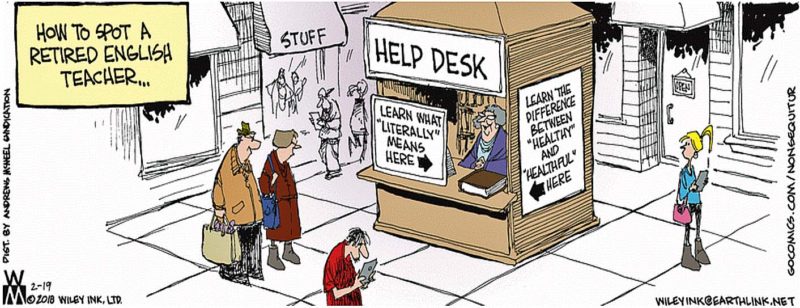George Carlin had a routine he called “Syllable Inflation.” George’s example began with the first World War. At that time, “shell shock” (two syllables) was the designation for soldiers whose combat conditions stressed their nervous systems to the maximum extent, even reaching a point at which the soldiers “snapped.” As George Carlin said, it was a simple, honest, and direct term. During World War II, “shell shock” evolved to “battle fatigue”–now four syllables. “Battle fatigue,” said George, “didn’t seem to hurt as much.” Soldiers’ stress levels after the Korean conflict were referred to as “operational exhaustion”–eight syllables and now, according to George, “It sounds sterile”–not even like a human affliction. Soldiers who fought in the Vietnam War suffered from “post-traumatic stress syndrome.” That’s a decrease to seven syllables, but George pointed out that “there’s a hyphen to bury the pain under the jargon.” George closed this bit with a comment that, if the condition had remained as clear and direct as “shell shock,” many veterans might have received treatment in a far more timely manner. It’s been a long time since I heard that George Carlin routine (he died in 2008), but because of it, I’ve always been attuned to useless syllable inflation.
Like George Carlin’s syllable inflation, in Errors & Expectations (a book I read for my doctoral research), Mina Shaughnessy wrote that someone who has not learned the word “dregs” (one syllable) must say “what is left in the cup after you finish drinking” (twelve syllables, but Mina didn’t include the syllable count). When I hear an inflated word phrase like “wine bottle opener” (six syllables), like Mina, I want to teach vocabulary lessons and tell the speaker/author that we already have a word for that and it’s “corkscrew” (two syllables).
A long time ago, I started making a list of syllable-inflated words that I’ve heard and read, usually in newscasts and newspapers. (The list part won’t surprise people who know me well.) Here are some of the words from my list.
Hands-on learning (4) . . . kinesthetic learning (6)
Humidity (4) . . . environmental moisture (7)
Diarrhea (4) . . . gastrointestinal upset (8)
Coroner (3) . . . medical examiner (7)
Fire chief (2) . . . incident commander (6)
Warehouse (2) . . . fulfillment center (5); also distribution center (6)
Crop duster (3) . . . aerial applicator (7)
Heart attack (3) . . . cardiovascular event (8)
Fire (1) . . . rapid oxidation (6)
Study hall (3) . . . academic instructional period (11)
Stroke (1) . . . cerebral vascular accident (9)
Firings (2) . . . involuntary eliminations (10)
Layoff (2) . . . involuntary staffing reduction (10)
Affair (2) . . . inappropriate personal relationship (12)
Dishonorable discharge (7) . . . involuntary administrative separation proceedings (17)
The moral of the story: Keep it simple!
